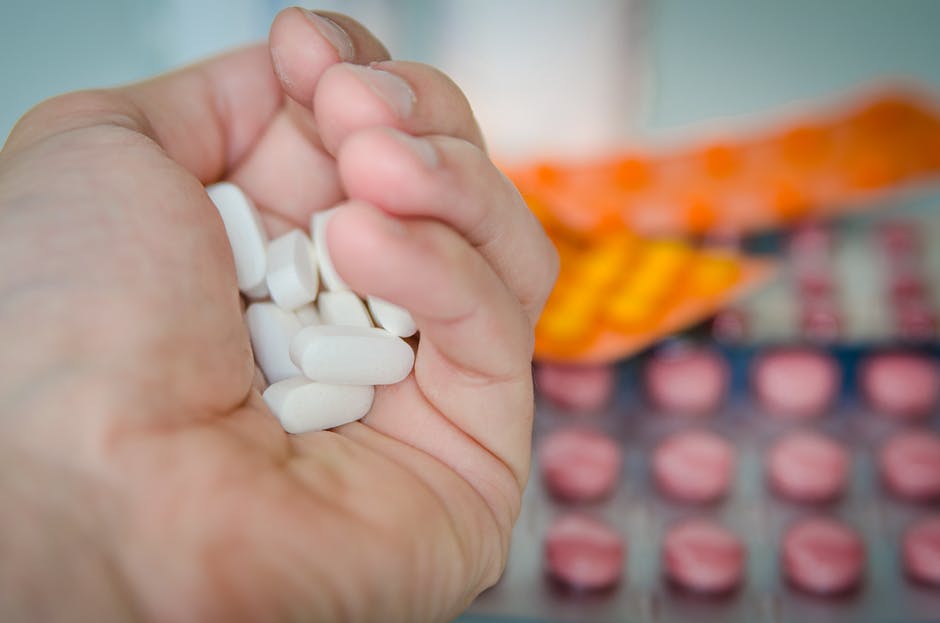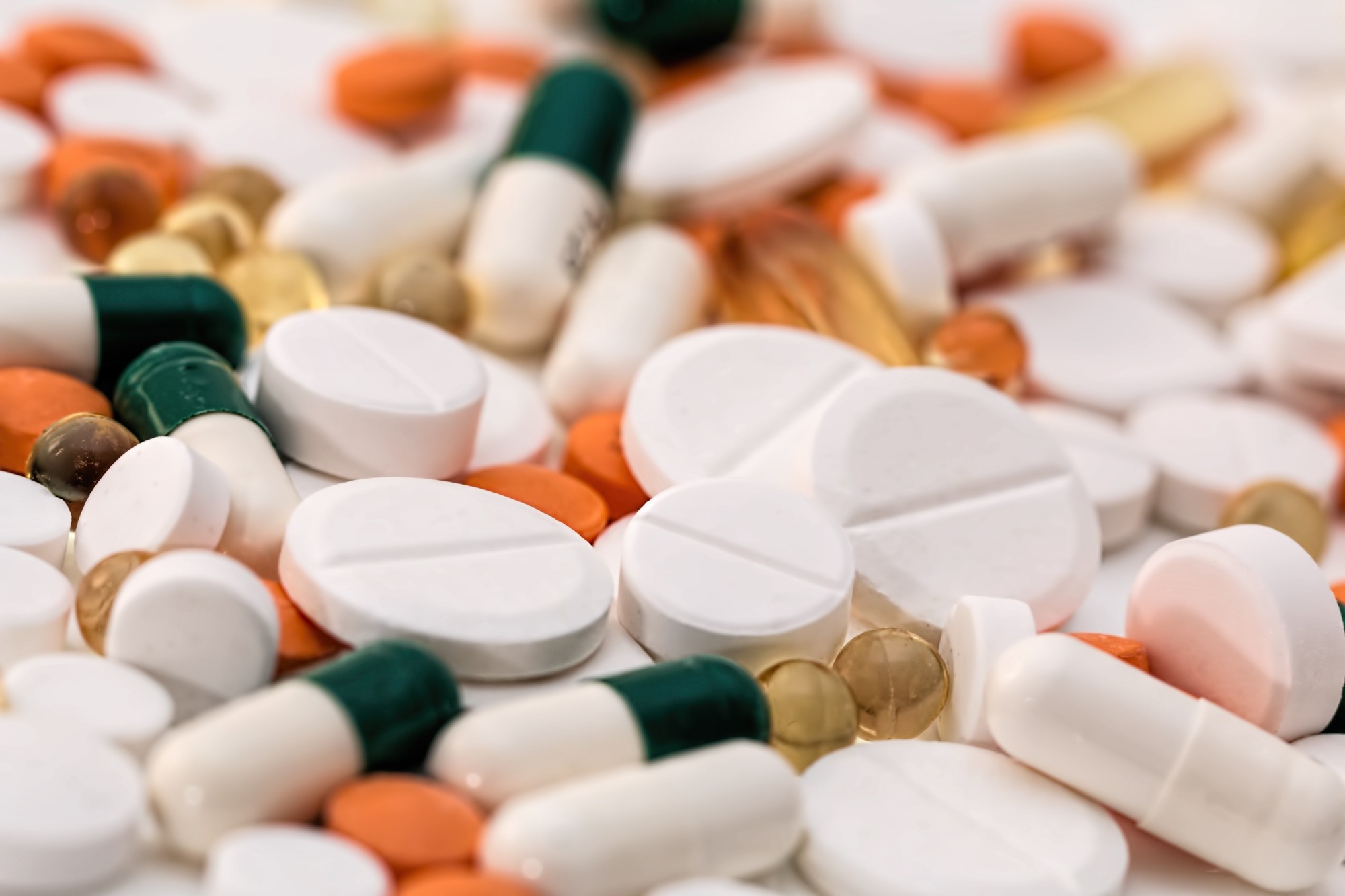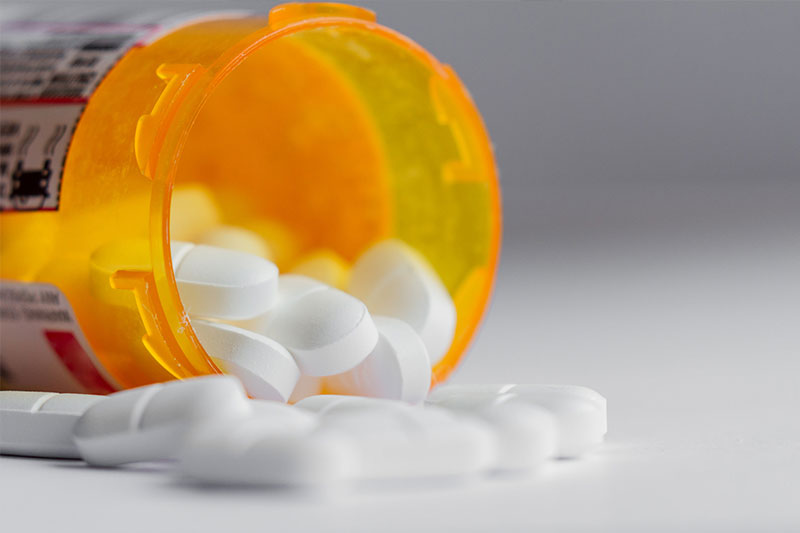Following repeated requests from many of our customers, Medix Pharmacy has written this special blog dedicated to everything you need to know about Coronavirus. There are reports that there may be an impact on the medicines supplies that may affect your accessibility to medications. We would like to assure you that Medix Pharmacy is prepared and has increased our stockholding of vital medications from our licensed pharmacies in the USA, Canada, New Zealand and the United Kingdom.
What is Coronavirus?
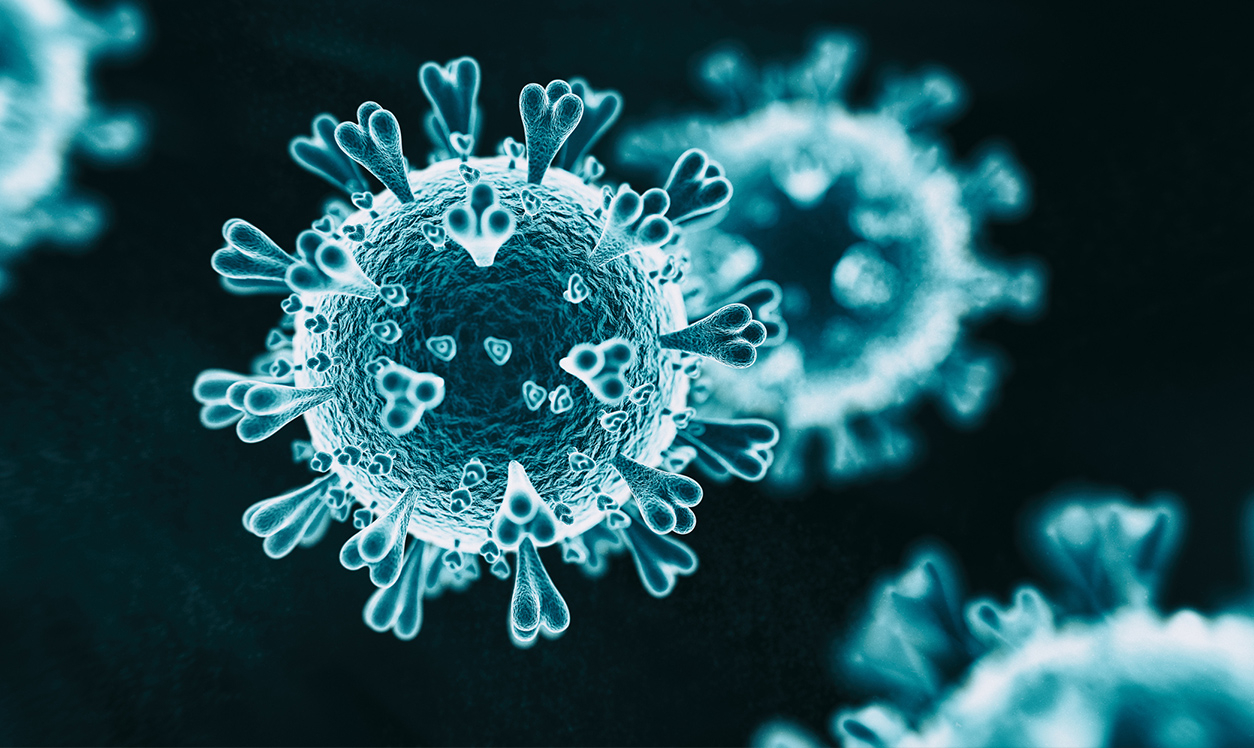
The virus that causes Coronavirus Disease 2019 (COVID-19) is called SARS-CoV-2. COVID-19 can affect your lungs and airways. The outbreak started in the Chinese province of Wuhan. As of 5th March 2020, there were a reported 95.265 cases of COVID-19 globally and 3281 confirmed deaths. However, more than 60,000 infected peopled have recovered.
How Coronavirus is spread?
Because it's a new illness, we do not know exactly how Coronavirus spreads from person to person.
Similar viruses are spread in cough droplets.
It's very unlikely it can be spread through things like packages or food.
Does it affect me in the United States?
The short answer is yes. As of 8th March 2020, there have been 516 confirmed cases with 21 fatalities.
In fact, Gov. Andrew M Cuomo declared a state of emergency in New York City as the number of COVID-19 cases rose to 89.
Do I need to be worried if I am travelling?
Some countries have a higher chance of presenting contact with someone with Coronavirus.
This is a useful resource to get advice for travellers.
How do I know if I am ‘at risk’?

Some people are unfortunately more at risk than others. Initial data from China shows that the following people are at higher risk:
- Older Adults
People who have serious chronic medical conditions like:
- Heart disease
- Diabetes
- Lung disease
What Symptoms should I look out for?
- Pay particular attention to potential symptoms such as fever, cough, and shortness of breath. If you feel like you are developing symptoms, call your physician.
- If you develop emergency warning signs for COVID-19 get medical attention immediately. In adults, emergency warning signs*:
- Difficulty breathing or shortness of breath
- Persistent pain or pressure in the chest
- New confusion or inability to arouse
- Bluish lips or face
*This list is not all-inclusive. Please consult your medical provider for any other symptom that are severe or concerning.
Preparing for COVID-19 – Ensuring you have supplies of essential items
- Contact your healthcare provider to ask about obtaining extra necessary medications to have on hand in case there is an outbreak of COVID-19 in your community and you need to stay home for a prolonged period of time.
- If you cannot get extra medications, consider using mail-order for medications.
- Be sure you have over-the-counter medicines and medical supplies (tissues, etc.) to treat fever and other symptoms. Most people will be able to recover from COVID-19 at home.
- Have enough household items and groceries on hand so that you will be prepared to stay at home for a period of time.
Preparing for COVID-19 – Preventative measures
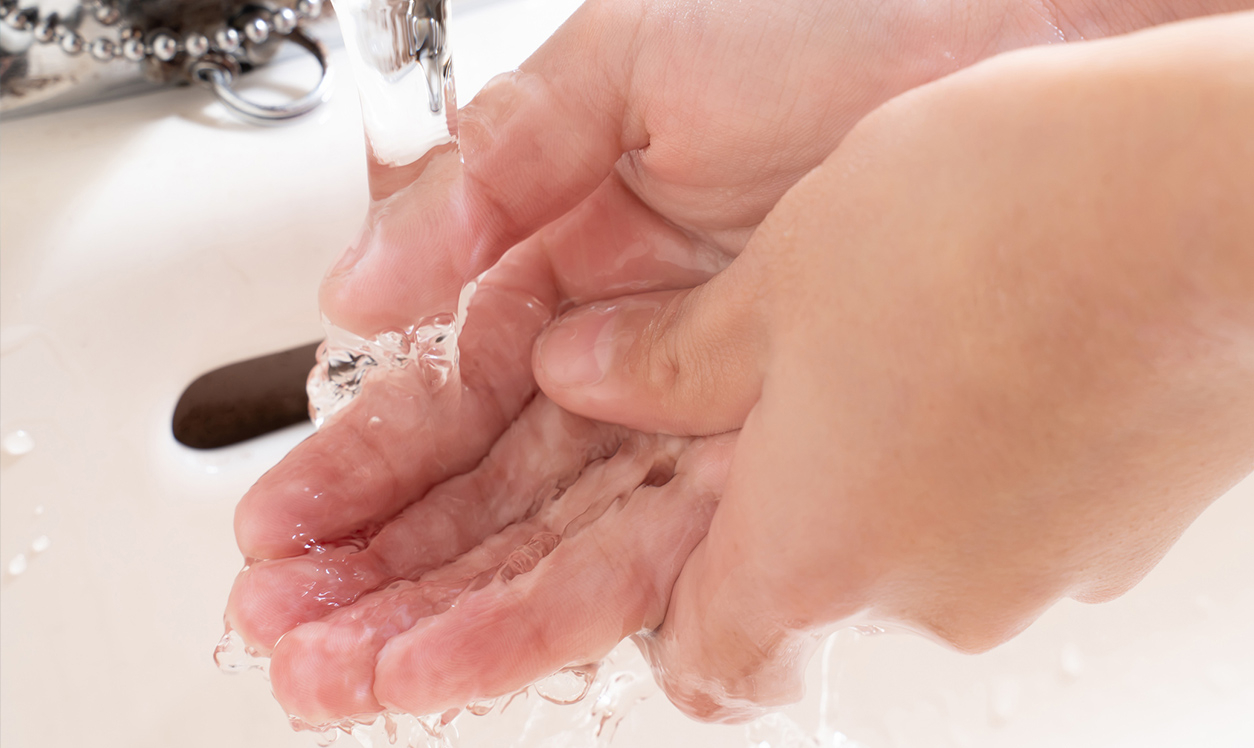
- Avoid close contact with people who are sick
- Take everyday preventive actions
- Clean your hands often
- Wash your hands often with soap and water for at least 20 seconds, especially after blowing your nose, coughing, or sneezing, or having been in a public place.
- If soap and water are not available, use a hand sanitizer that contains at least 60% alcohol.
- To the extent possible, avoid touching high-touch surfaces in public places – elevator buttons, door handles, handrails, handshaking with people, etc. Use a tissue or your sleeve to cover your hand or finger if you must touch something.
- Wash your hands after touching surfaces in public places.
- Avoid touching your face, nose, eyes, etc.
- Clean and disinfect your home to remove germs: practice routine cleaning of frequently touched surfaces (for example tables, doorknobs, light switches, handles, desks, toilets, faucets, sinks & cell phones)
- Avoid crowds, especially in poorly ventilated spaces. Your risk of exposure to respiratory viruses like COVID-19 may increase in crowded, closed-in settings with little air circulation if there are people in the crowd who are sick.
If COVID-19 is spreading in your community, take extra measures to put distance between yourself and other people, Stay home as much as possible and consider ways of getting food brought to your house through family, social, or commercial networks.
What do I do if I get sick?
- Stay home and call your doctor
- Call your healthcare provider and let them know about your symptoms. Tell them that you have or may have COVID-19. This will help them take care of you and keep other people from getting infected or exposed.
- If you are not sick enough to be hospitalized, you can recover at home. Follow CDC instructions for how to take care of yourself at home.
- Know when to get emergency help


